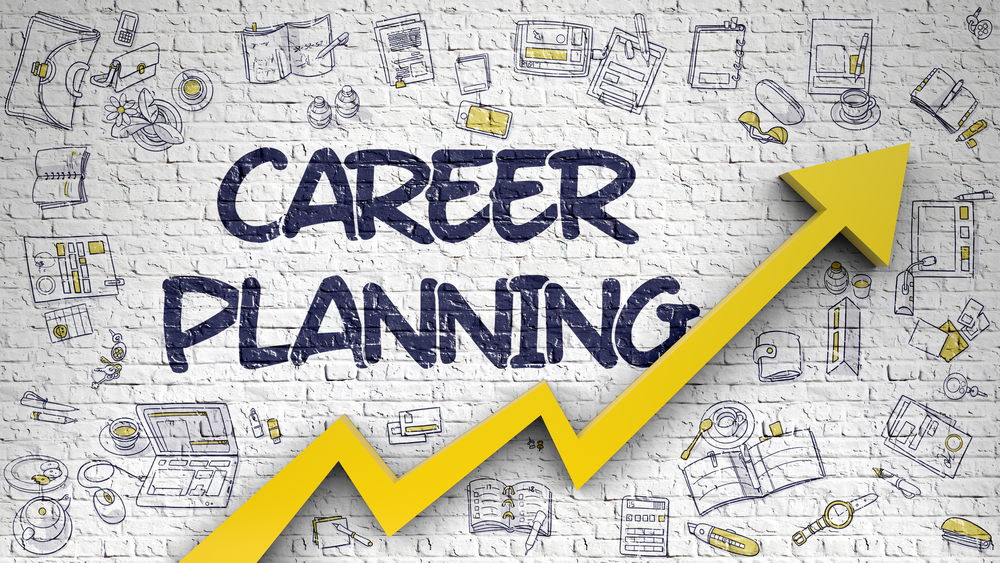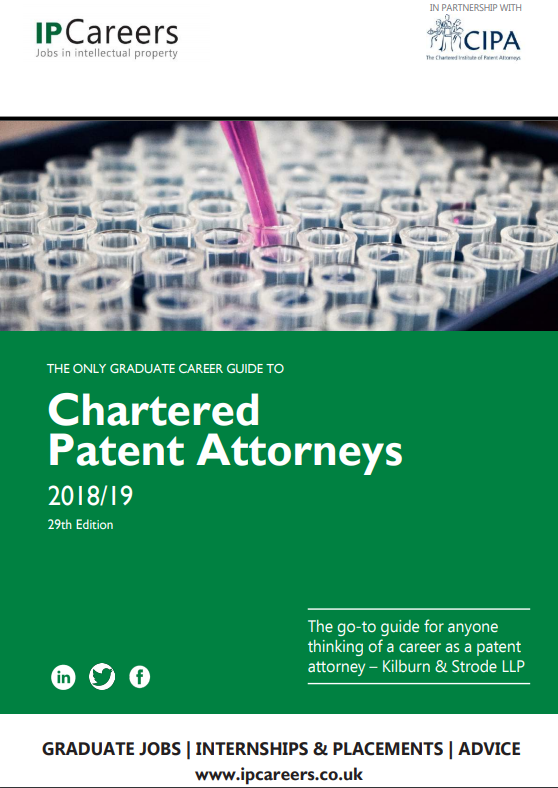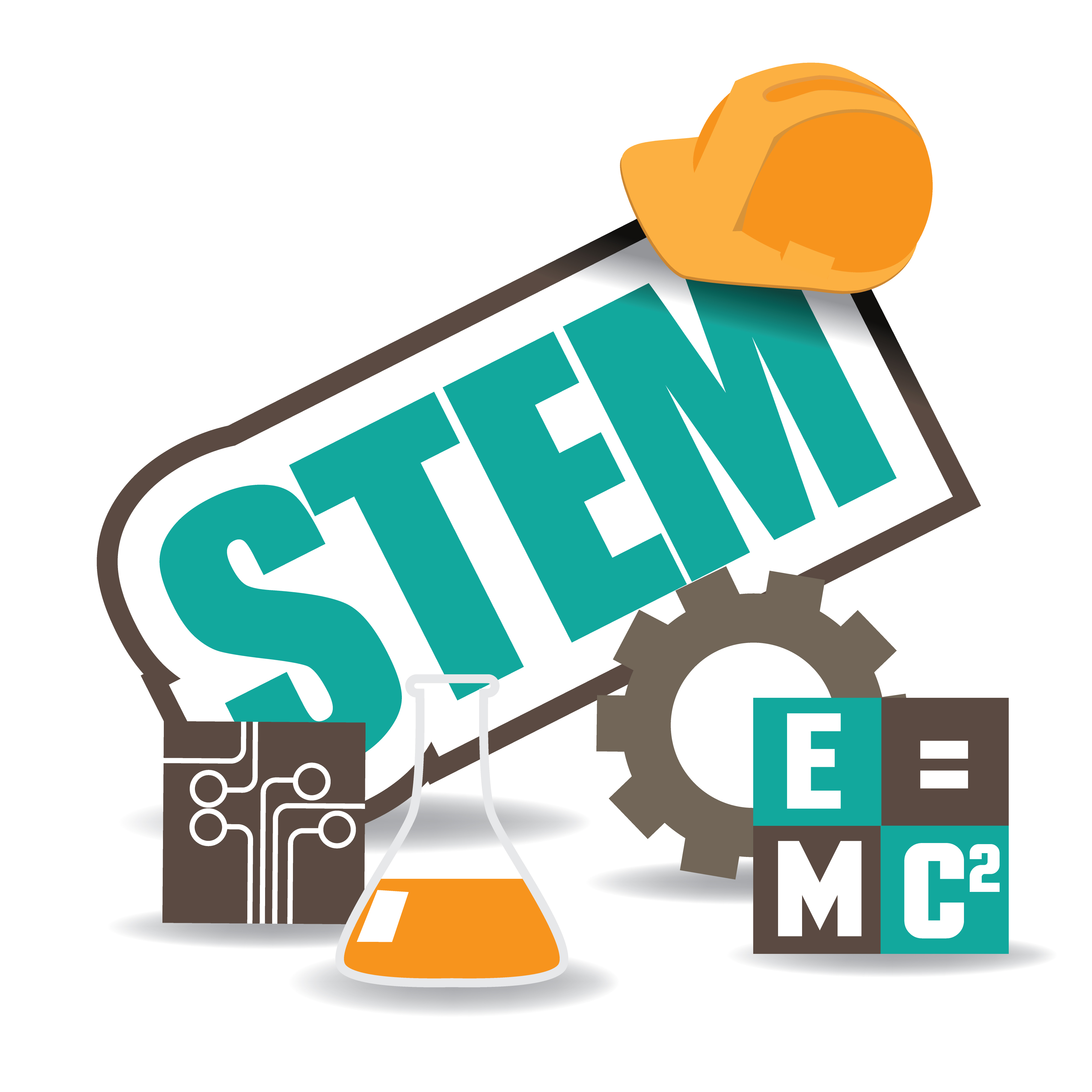What is a career in intellectual property really like?
Graduates considering a career in intellectual property (IP) may have many questions. Do I need a degree in law? Do I need to have attended an elite university? What does a career in IP actually entail? These are just some of the many questions that potential applicants may be pondering before making the move into IP. Luckily, two of Wynne-Jones IP’s patent specialists are on hand to answer all of the burning questions. Here European Patent Attorney Christina Schiavone and Senior Trainee Patent Attorney Rebecca Quiney reveal what a job in intellectual property is really like …
What does a role in IP actually involve?
Christina – IP is still relatively misunderstood when it comes to the legal profession, and we are often asked to explain what is involved. In a nutshell an IP attorney uses their legal knowledge, whether this is acquired from a degree or through our Training Academy, to help clients across many industries to protect their original inventions and designs. This could involve advising on copyright, patents, trade marks, or registered designs.
Is a job in intellectual property challenging?
Rebecca – It can be, yes. As a senior trainee patent attorney, you get to combine an interesting and unique blend of technical, legal and commercial understanding to try and attain the best protection possible for your client’s inventions. One of my favourite things about the job is that I am constantly faced with new challenges.
Do you need to have a law degree?
Christina – No you don’t, Wynne- Jones IP offers fully comprehensive training through its in-house Training Academy, which includes workshops, revision sessions and expert industry support. Trainees get the chance to learn about everything from intellectual property law, finance, business skills, and client relationship management.
Is it a varied job?
Rebecca – My role as a trainee patent attorney is definitely very varied - no two days are the same!
Every day I am working with new and innovative technology, which is both exciting and challenging, and allows me to learn more about the industry. I enjoy the challenge of trying to understand what distinguishes each invention from everything that has previously been disclosed in the relevant field.
Are there a lot of exams to sit?
Christina –There are a number of professional exams to sit, however don’t let the thought of more exams put you off applying for a job as a trainee patent attorney.
It is tough, but you will be fully supported both technically and emotionally, and you will not be expected to take any exams that you are not ready for. There is also no time limit within which you need to qualify, so you are free to take the exams at your own pace.
Furthermore, our Training Academy is exam driven, thus enabling our trainees to really maximise their skills and understanding of the job. The training and support at Wynne-Jones IP really has been second-to-none.
Are patent attorneys fun to work with?
Rebecca – The people I work with are great! All of the attorneys at Wynne-Jones are friendly and approachable and we have a good rapport in the office. We also socialise outside of work and it’s really nice having that connection with like-minded people.
Is it stressful? If so is there support at Wynne-Jones IP to help with this?
Christina - Sometimes the workload can get a bit overwhelming, and in these situations it is important to ask for help and delegate work where possible.
Wynne-Jones IP has always been really good at recognising when people are struggling, and supporting them in whatever way they can. In particular, we are encouraged to take breaks, and have a healthy work-life balance.
We recognise that any role can become stressful, so as a team we work alongside IP Inclusive to ensure each team member feels confident in asking for support where necessary.
For more information, please refer to our Training Academy.




